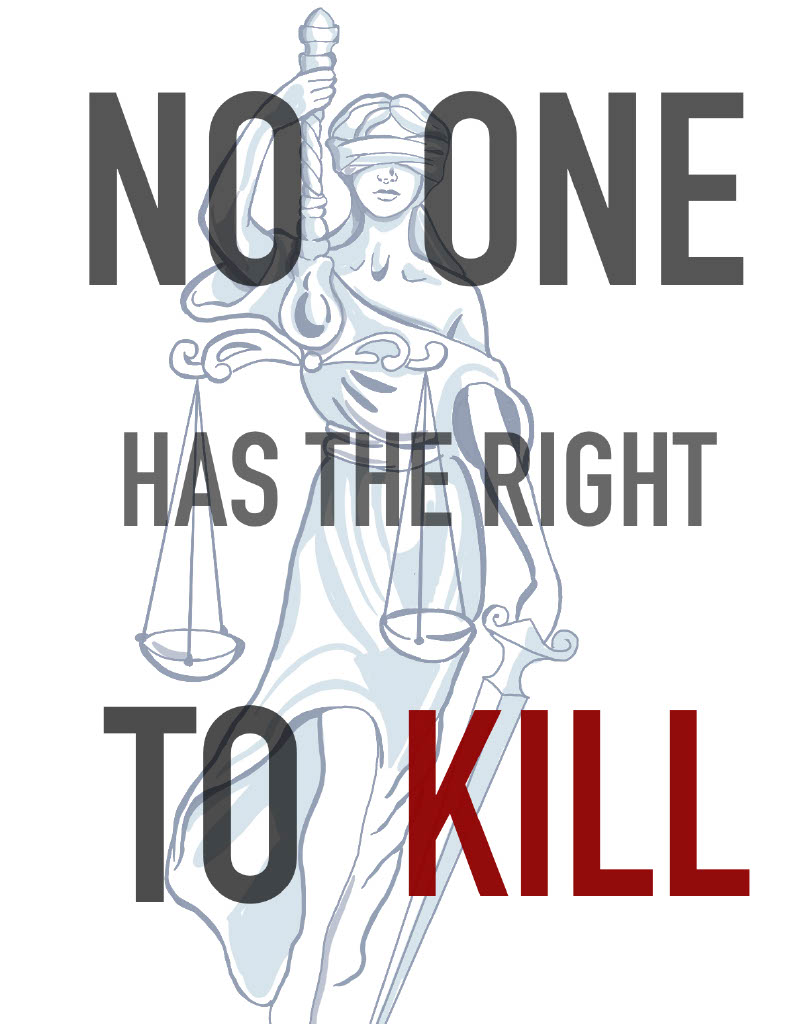Dear editor,
I welcome David Holmes’ call to move beyond “petty partisan politics,” and I raise a critical concern about his moral claim that the “school would be irresponsible to refuse money legitimately earned and freely given” from a Nazi “without the odious stipulations” of preaching Holocaust denial. Accepting a gift from a Nazi — as Holmes suggests — contradicts Loyola’s core values. Accepting such a gift essentially says that money means more than our core Jesuit and Catholic values. Rarely are institutional gifts given unconditionally; gifts tend to work more like an exchange where the donor also gets something back from the institution, like the naming of a building or program. Loyola needs to evaluate all gifts against its most fundamental values.
Jesuit and Catholic values call all of us to move beyond ideology to consider the meaning and purpose of our humanity in relationship to the whole of God’s creation. At the core of the Gospel, of our practice of Eucharist, and of Catholic social teaching is the celebration of God’s overflowing gifts of love and life. These gifts call us to a responsibility to pursue truth and care for all, especially the most vulnerable members of society, and to recognize their dignity and celebrate the depth of our shared relationship in God’s love.
How would a Koch donation (or any other) impact academic freedom and Loyola’s core Jesuit and Catholic values? In the 2008 case involving Florida State University, the Koch Foundation sought control over the economics department to hire new faculty in conformity with their ideological goals. This kind of gift puts academic freedom in peril both in how it seeks to dictate hiring and the curriculum. The Koch fortune as it has been used in the past not only differs with the Jesuit and Catholic value of the responsibility to seek truth; it directly contradicts the call to love and do justice for all in our midst.
Sincerely,
Alex Mikulich, Ph.D.
Research Fellow, Jesuit Social Research Institute














